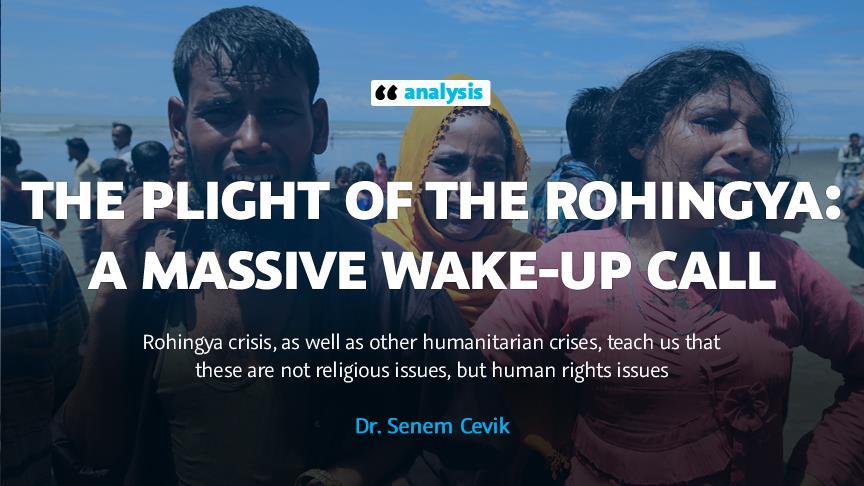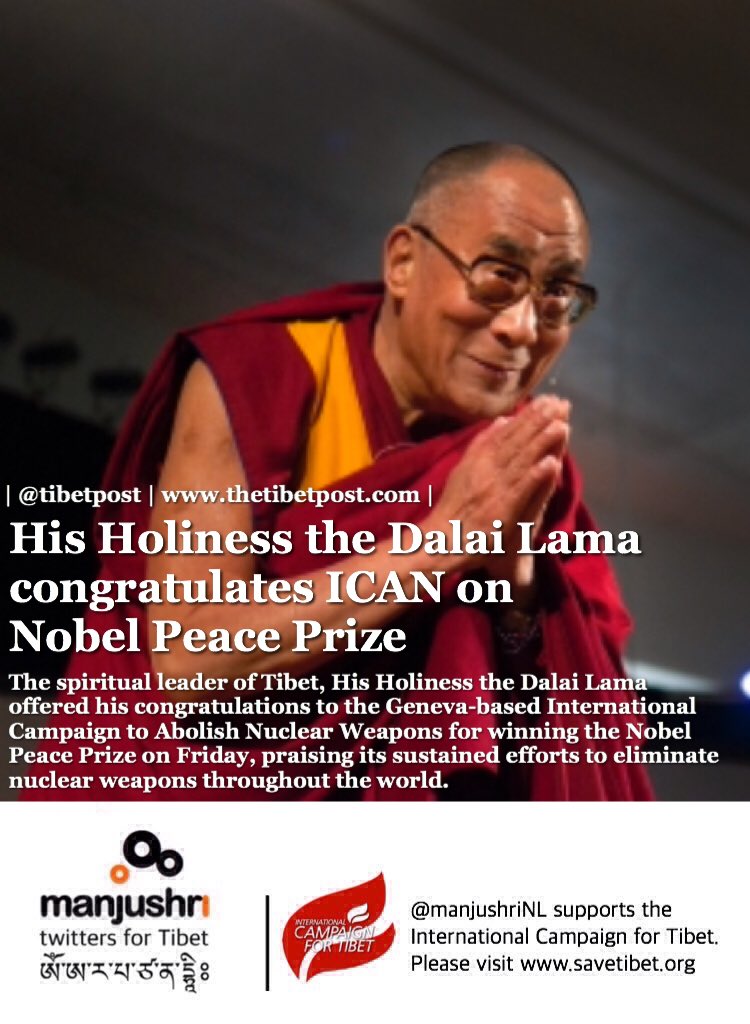August 22, 2018
Foreign Policy pays tribute to Kofi Annan, The Gentle Peacemaker
Kofi Annan was the epitome of international diplomacy—which is why he was both an inspiration and a disappointment.
Not long after the announcement that former United Nations Secretary-General Kofi Annan had died at 80 on Saturday, I heard a broadcast of his voice, and the whole man came back to me at once: the velvet texture of his presence, the exquisite courtesy and kindness, the reticence born of both native tact and endless diplomatic experience, the slightly throttled cadence that must have come from wrapping his West African tongue around English vocables but always lent him a quality of diffidence or remove. Annan was a rare kind of man—too cautious to be actually interesting, yet profoundly compelling.
I notice a metaphysical confusion in some of the commentary around Annan, including his New York Times obituary: Because the U.N. suffered self-evident failures during Annan’s tenure, Annan must have had corresponding moral flaws. The U.N. was feckless, so Annan was feckless. The oil-for-food program turned into an ugly mess, so Annan was tainted by corruption.
This strikes me as a misunderstanding of the man. So, however, does the view of many who loved and admired him that Annan was a martyr to the cynical power politics and reckless ideology of his time, and thus innocent of the consequences of his own shortcomings.

I spent hundreds of hours in Annan’s company, and dozens of hours alone with him, while writing The Best Intentions, my 2006 book on the U.N. during his tenure. I watched from a privileged position when Annan traveled to Baghdad in 1998 to persuade Saddam Hussein to permit weapons inspectors to return to Iraq.
One thing I learned about Annan was that his delicacy was born not of timidity but of diplomatic calculation; after emerging from his grueling, and at least temporarily successful, negotiations with Saddam, he talked to me about the importance of allowing an Arab autocrat to save face in order to make concessions possible. The next morning, I watched while he admonished Saddam’s vice president, Taha Yassin Ramadan: “You should try to moderate your language.” That was the Annan equivalent of cold fury.
Annan came from a line of Ashanti tribal chiefs. He understood, in the chiefly way, that one could win by allowing the other man to feel that he had won, a strategic act of ego suppression whose merits one could not even explain, much less justify, to the current president of the United States. At times, he seemed almost to have eliminated himself; he had thoughts where other men had feelings. He could listen endlessly to a circle of Darfuri women who had been raped by janjaweed militias, but he could not find the language, or the gesture, to console them. Yet his very gravity, his patience, felt like a kind of blessing.
Yet this extreme reserve was also Annan’s weakness. He regarded outright conflict as failure; this deeply held conviction also served as a pretext to shy away from necessary confrontation. He could not, to take a small example, fire people—he had others do his dirty work. He could not, would not, fight back.
In the fall of 2004, conservatives smarting from the Security Council’s failure to approve the decision to go to war with Iraq put unrelenting pressure on Annan over the wildly overhyped oil-for-food scandal, with some demanding that he resign. Annan made the strategic calculation, perhaps a prudent one, that he would only stoke the fires by responding. But he couldn’t even bring himself to call, say, British Prime Minister Tony Blair and tell him to protect the U.N. by defending the secretary-general. Annan’s aides fell into despair over their boss’s passivity. I asked Annan if he didn’t feel enraged at the gross cynicism of the attacks. “You do get mad sometimes,” he murmured. Not “I do,” but “you do.”
It is natural to compare a U.N. secretary-general to a pope, because that is the only other job surrounded with so bright an aura of moral authority. But while the College of Cardinals selects each new pope with an eye to what is best for the Roman Catholic Church, the great powers choose sectaries-general with an eye to what is best for them—which often dictates a maximally compliant figure.
Annan surprised the United States by proving to be a far more commanding figure than it had expected, with a charisma that allowed him at times to act as an independent figure. But he was also a lifelong U.N. man who had thoroughly internalized the institution’s norms and thus at critical moments—above all in Rwanda and in Bosnia, when he was head of peacekeeping—could not abandon those norms when they no longer served the cause of justice. Think, by contrast, of Pope Francis, a man of his church as Annan was of his, who has nevertheless outraged conservatives by his willingness to rethink and even discard orthodoxy.

But that’s unfair, of course. The pope has sovereign authority over the Vatican and spiritual authority over Catholics. The secretary-general occupies almost the opposite position, as he is subject to the sovereign authorities who choose him and who exercise supreme power in the Security Council.
It wasn’t Annan who failed to stop the genocide in Darfur, any more than it was his successor, Ban Ki-moon, who failed in Syria. China blocked even the possibility of effective action against Sudanese President Omar al-Bashir, whom it regarded as a client, as Russia did in the case of Syria. Annan had almost a charmed first term, when Bill Clinton was the U.S. president, and a nightmarish second one, during the time of George W. Bush.
So yes, the institutional and political limits on the power of the secretary-general are so severe that the personal attributes of the individual are almost incidental. Kurt Waldheim was a dreadful person but hardly a worse U.N. leader than the gentle U Thant. Dag Hammarskjold was a truly great secretary-general not only because of his abundant gifts but because the great powers hadn’t yet caught on to the powers implicit in the office.
You’ll never have a great secretary-general again, even if the great powers install a wily, experienced former head of government, as they have in the case of the incumbent, former Portuguese Prime Minister António Guterres.
Realism dictates that we let go of our obsession with the foibles of each new secretary-general, but we wish—or, in any case, I wish—to cling to a tattered faith in the institution. Kofi Annan’s power to disappoint was a measure of his power to inspire. He was a man of Africa who had thoroughly imbibed the moral habits of the West. In his first speech as secretary-general to the Organization of African Unity, he said that while he knew that many African leaders—that is, his audience—considered the demand for human rights as “an imposition, if not a plot, by the industrialized West,” he regarded that view as “demeaning of the yearning for human dignity that resides in every African heart.”
Perhaps the finest thing one may say of Annan’s tenure is that he found the U.N. a club of states and infused into it the liberal principle of individual rights. Perhaps the worst thing one could say is that Annan never found a way of saying no, even politely, whether to a U.S. president demanding that the U.N. clean up his mess in Iraq or to right-wingers howling for his head.
No one believed in the U.N. more single-mindedly than Annan. To acknowledge his flaws as well as his virtues, and to say that they mattered, is to render Annan the elementary service of saying that he mattered. That soft, finely modulated voice will remain with us even as the man himself is gone. It is the voice of our better angels.














